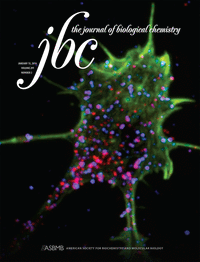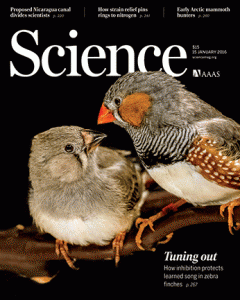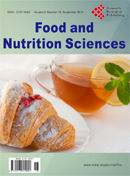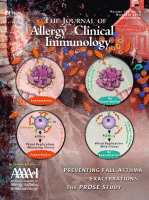 The Journal of Biological Chemistry has flagged two papers by a George Washington University cancer biologist with expressions of concern, following an investigation completed by the university in 2014.
The Journal of Biological Chemistry has flagged two papers by a George Washington University cancer biologist with expressions of concern, following an investigation completed by the university in 2014.
The notes contain little specific information; all we know is that there are questions about the data and conclusions in the papers.
The last author on both papers is Rakesh Kumar, who adds these EoCs to a count that includes, according to our records, three retractions and five corrections. Plus an $8 million lawsuit against his employer for emotional distress when they put him on leave from his position as department chair.
The studies — “Stimulation of inducible nitric oxide by hepatitis B virus transactivator protein HBx requires MTA1 coregulator” and “Regulation of NF-B circuitry by a component of the nucleosome remodeling and deacetylase complex controls inflammatory response homeostasis” — have been cited 22 times and 33 times respectively, according to Thomson Scientific’s Web of Knowledge.
The expression of concern is the same for both papers — and matches others that we’ve seen from JBC:
Continue reading Following an earlier investigation, GW biologist earns two expressions of concern








